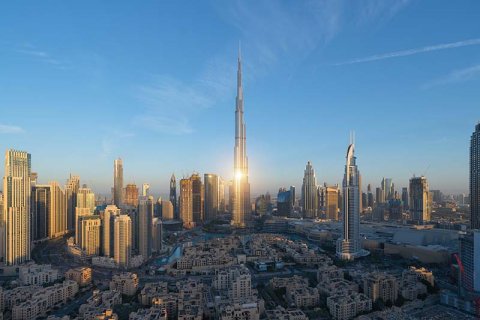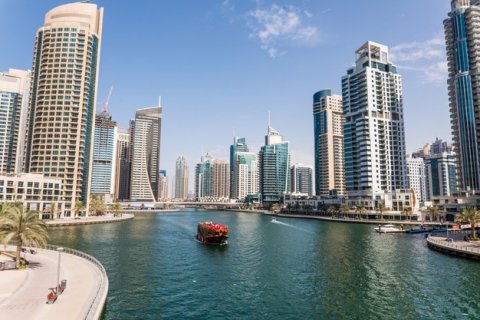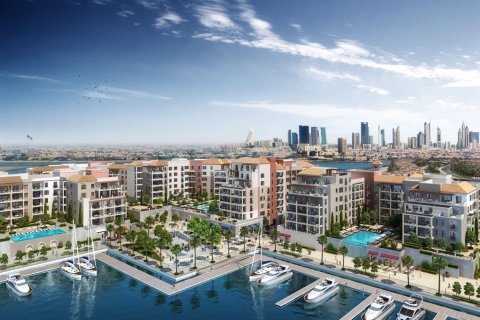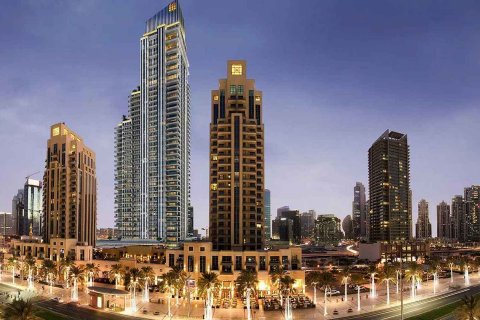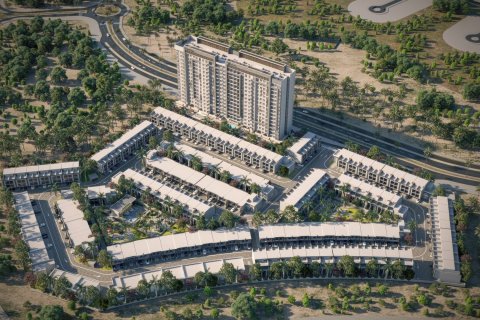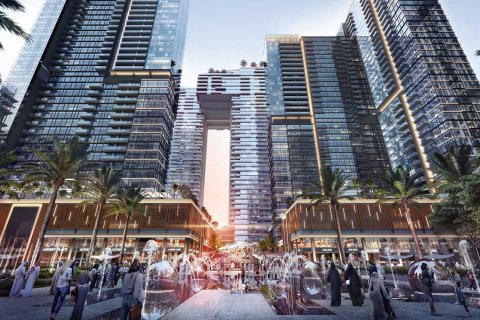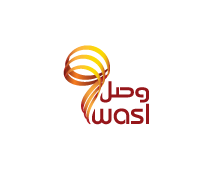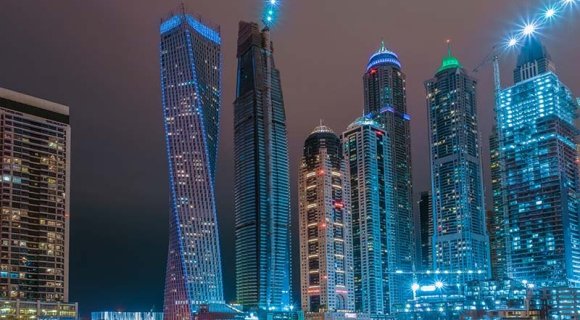
Despite the global economic slowdown and general political instability, Dubai real estate continues to be one of the best assets for preserving and growing wealth. The UAE government's initiative to attract international investors has heightened its appeal among cryptocurrency investors.
The UAE's journey in regulating digital assets reflects the country's broad ambitions to become a global centre for innovation and technology. The state has been quick to adapt to the challenges and opportunities presented by this new paradigm. At the same time, other governments have tended to be overly cautious about the potential misuse of cryptocurrencies to evade sanctions, fraud, terrorist financing, and money laundering.
Believing that a law on virtual assets can help diversify the economy and provide an edge in the global market, the Emirati government has announced a list of regulations favourable to cryptocurrencies.
Dubai is an emirate with one of the most dynamic and forward-thinking approaches to digital assets. It continues to evolve in the adoption of new technologies such as blockchain and cryptocurrency legislation. The Virtual Assets Act regulates all transactions involving digital currency. Innovative local government solutions are strengthening the attractiveness of Dubai property on the international stage.
Content
Cryptocurrency in the Dubai property market
The use of cryptocurrency transactions in the Dubai property market is gaining popularity. Major construction companies in the Emirate have begun accepting these payments in recent years. For example, developer Nakheel Properties started accepting Bitcoin and Ethereum for property payments in 2022, through its partnership with the Hayvn service. Damac Properties, which launched over 20 new projects in 2023 alone, also accepts these cryptocurrencies. Ellington Properties has partnered with the Bitcoin Suisse platform to accept Bitcoin payments, while MAG Developers, in collaboration with CoinMENA, handles transactions using stablecoins, including USDT and USDC.
In addition to direct payments, crypto investors have other options. Some buyers use intermediary companies to purchase property from developers who do not accept cryptocurrency. The intermediary receives the crypto transfer and forwards the payment in traditional currency to the developer for a fee.
When concluding a transaction involving secondary property, the owner decides whether to cryptocurrency as a payment. If they agree, there are no complications. If either party lacks a cryptocurrency wallet, the intermediary company can assist in setting one up.
Government support
Dubai Blockchain Strategy
The Dubai government began developing blockchain technology in 2016. The project was initiated by Sheikh Mohammed bin Rashid Al Maktoum, Vice President of the UAE and Ruler of the Emirate. It included the Dubai Blockchain Strategy, which aimed to move 50% of all financial transactions to a blockchain platform developed in collaboration with IBM.
Real Estate Blockchain Initiative
In 2017, the Emirate's Land Department launched the Dubai Real Estate Blockchain Initiative platform to convert property rights into digital tokens with shared ownership. This has enabled investors to seamlessly buy and sell stakes in residential and commercial projects.
To use the platform, you need to:
- Identify the asset;
- Conduct a due diligence check to determine if the asset is suitable for token generation;
- Document the rights and obligations of token holders;
- Generate tokens representing real estate shares;
- Distribute the tokens among investors.
Experts believe that such an approach has many advantages:
- Lowering the market entry threshold;
- Increasing transparency of transactions;
- Providing the opportunity to diversify the portfolio by investing small amounts in shares of different properties;
- Accelerating operational processes;
- Reducing costs.
Thanks to blockchain technology, several independent computers record the details of each transaction. This ensures the security of transactions, as no random person can alter the records. As a result, the Land Department has opened new opportunities for crypto investors, making property purchases more accessible, secure and efficient.
Virtual Asset Regulation Law
In 2022, the Dubai Virtual Asset Regulation Law came into force in the Emirate to protect the interests of investors. The Virtual Assets Regulatory Authority (VARA) was established to monitor cryptocurrency transactions and safeguard users' personal data. With the digital transformation of local banks, handling cryptocurrency transactions has become more efficient.
These initiatives have created a safe environment for blockchain development in Dubai, whereas many other countries, in their attempts to regulate crypto investors, often create additional obstacles.
He also noted that the blockchain technology development strategy is long-term, so crypto investors need not fear that the Dubai government will abruptly change its supportive stance on the subject.
Results of government initiatives
As per data from the analytics company Chainalysis, UAE crypto investors generated revenues of USD 204 million in 2023, with Bitcoin being the most popular. Experts from the Statista platform predict that this figure will reach USD 292.1 million in 2024.
The UAE-based blockchain system Crypto Oasis grew 13.3% in Q1 2024. It now hosts over 2,040 companies concentrated, primarily concentrated in the Middle East, with 9.5% of the corporate sector consisting of organisations specialising in real estate.
Today in Dubai, there are developers' projects worth billions of dirhams, some of which have their funds placed on blockchain platforms. In turn, the real estate sector tokenisation contributes to a more transparent and efficient transaction environment.
Forecasts
As for the future of crypto-payments in the property market, experts are quite optimistic, highlighting several key prospects:
- Technology improvement: Advancements in blockchain development will significantly simplify cryptocurrency transactions and make them more accessible;
- Improved regulation and increased transparency: New regulatory frameworks will clarify the use of cryptocurrencies, attract more conservative investors, help combat money laundering and identify parties to transactions;
- Transforming priorities: An increasing number of buyers, particularly younger individuals, are actively using cryptocurrencies, which could establish them as a significant investment tool;
- Spreading innovation: More developers and agencies are expected to accept cryptocurrency payments to attract tech-savvy investors.
The popularity of crypto projects in Dubai and the UAE is rising amid tightening regulations in other countries. As per Kaden Stadelmann, the CTO of blockchain platform Komodo, the Emirates has become a more favourable environment for crypto investors than the US. He relocated to the UAE from the Netherlands due to Amsterdam's increasing distrust of cryptocurrencies. Komodo is one of many companies drawn to the Arab state's favourable environment.
As a recap
The Dubai government is actively implementing blockchain technology in various sectors of the Emirate's economy, including the property market. They have launched an innovative Real Estate Blockchain Initiative platform and developed the Dubai Blockchain Strategy to regulate transactions using digital assets. Participants in the Crypto project consider the Emirates one of the most attractive destinations for work, thanks to the liberal policy of the authorities.
More and more developers are now allowing property purchases using cryptocurrency, with Bitcoin and Ethereum being the most common types. Investors who wish to transact with a developer who does not accept digital currency can turn to an intermediary organisation. This intermediary will receive the crypto payment and transfer the equivalent in conventional funds to the developer's account for a small fee.









































